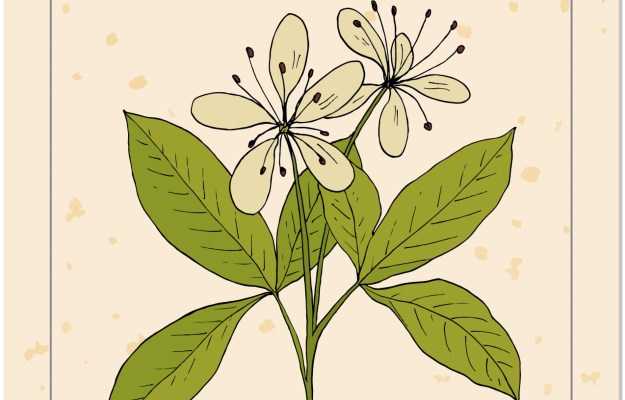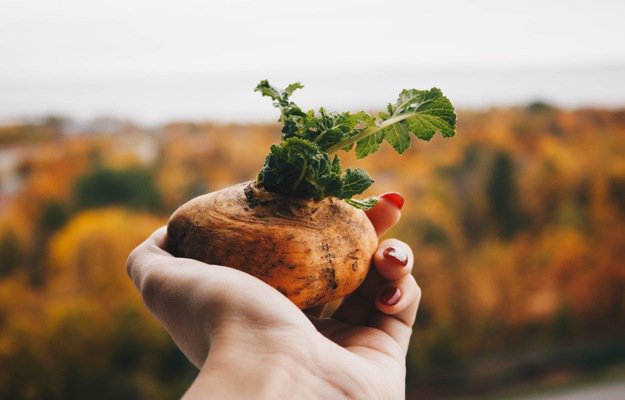Those who follow the tenets of Indian traditional medicine systems in their daily lives may be familiar with the name varuna. The varuna plant (Crataeva nurvala) is credited with a number of health benefits, from treating kidney stones to urinary tract infections, in the Unani, Ayurveda and Siddha systems.
New research into these purported benefits of varuna medicinal plant has begun, though it is early days in terms of verifying all the health benefits attributed to varuna. Here's what you need to know about this flowering plant that grows all over India:
Basic information on varuna:
- Scientific name: Crataeva nurvala (synonym C. magna)
- Sanskrit name: Setuvruksha, Rodha vruksha, Sadhu vruksha, Varana, vasana, Kumaraka, Tamalaka, Barhapushpa, Ajapa, Setu, Setuka
- Common name: Barna, barun, bila, bilasi, biliana, Lengam tree, three-leaved caper, sacred lingam tree, triune leaf tree
- Family: Capparidaceae/Capparaceae or caper family
- Native region and geographical distribution: Found in Myanmar; South Asia and Indo-Malaysian region
- Parts used: Root bark, stem bark, flower, leaves
- Properties: The plant has an astringent (kashaya) and bitter (tikta) taste. It is light to digest (laghu) and is dry (rooksha). It has a pungent taste after digestion (vipaka). It has a hot potency (veerya) and balances Vata dosha (marutapha).
The medium-sized tree can be found in almost all parts of India, including Gujarat, Bihar, Odisha, Madhya Pradesh and Tamil Nadu. It usually grows along the banks of rivers and streams and is often covered with bunches of beautiful greenish-white or light-yellowish flowers.
The fruits of this tree are ovoid-shaped berries. They resemble lemons but change to red on ripening.
Read on to know about the uses of varuna in health care:
























